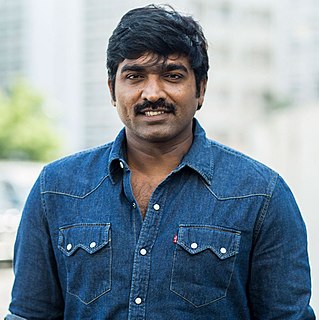A Quote by Marion Nestle
Healthy, sustainable food production methods give us food that is nutritionally better and with fewer pesticides, antibiotics, and hormones.
Quote Topics
Related Quotes
Let me say two things about the costs - one is that there are detailed studies that show this, this is what some of the Stanford studies show, in fact, that we get so healthier, so much more healthy, when we eliminate fossil fuel pollution - 200,000 [fewer] premature deaths a year for example. And that's just the death part of it. Not to mention the asthma part of it, the heart attacks and the strokes and the cancers. And we also call for a healthy food system that prioritizes sustainable healthy local food production.
We need to realize that these industrial methods of farming have gotten us used to cheap food. The corollary of cheap food is low wages. What we need to do in an era when the price of food is going up is pay better wages. A living wage is an absolutely integral part of a modern food system, because you can't expect people to eat properly and eat in a sustainable way if you pay them nothing. In fact, it's cheap food that subsidized the exploitation of American workers for a very long time, and that's always been an aim of cheap food.

































